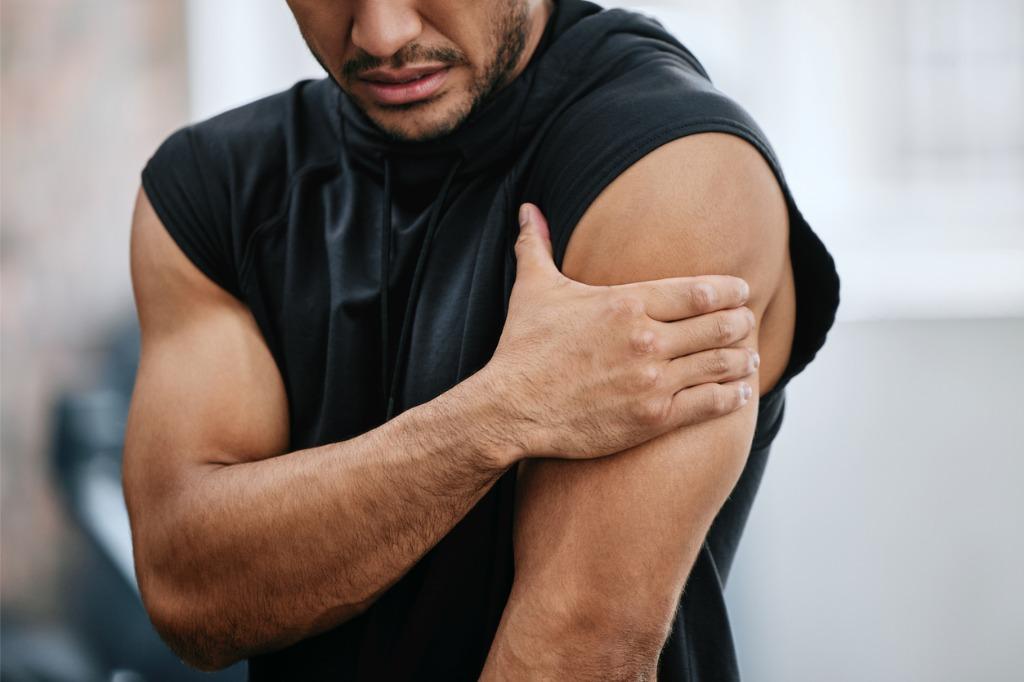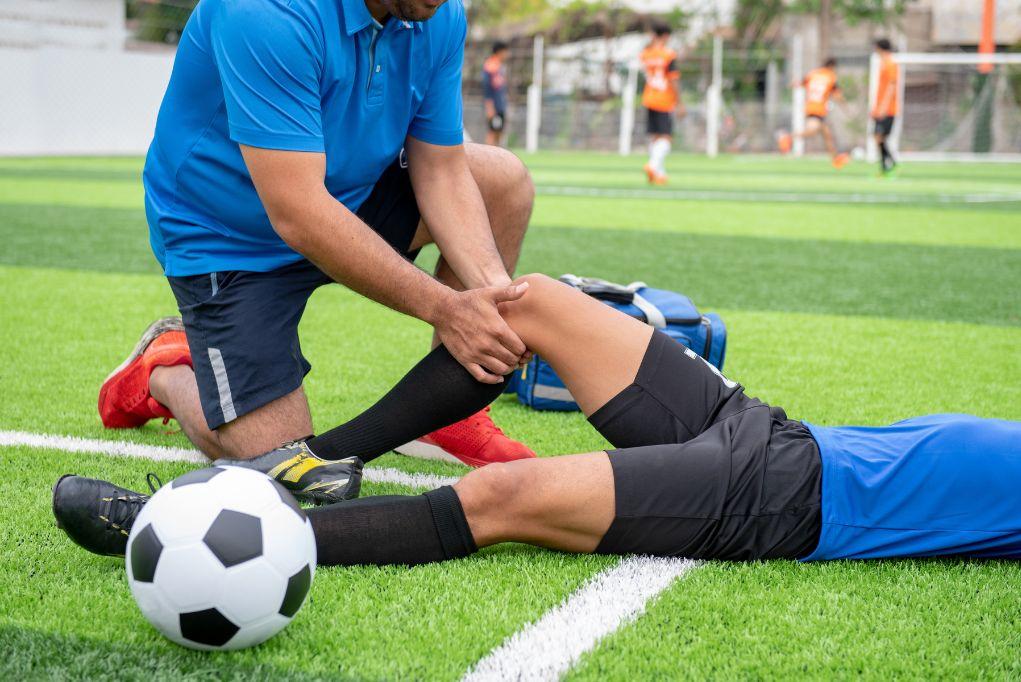Rotator Cuff Injuries: What You Need To Know

Rotator Cuff Injuries: What You Need To Know
The rotator cuff is a crucial group of muscles and tendons that stabilize the shoulder. It allows us to lift our arms, throw a ball, and perform many daily activities. However, rotator cuff injuries are common and can often be debilitating. At Motion Orthopaedics, we understand the importance of a healthy rotator cuff and how its function affects your shoulder’s range of motion. This guide will help you better understand the causes of rotator cuff injuries and how to get the best treatment for your condition.
Anatomy of the Rotator Cuff
The rotator cuff is a network of four muscles and their associated tendons that wrap around the top of the upper arm bone. These muscles stabilize the shoulder joint and facilitate a wide range of arm movements. The anatomy of the rotator cuff is complex, and understanding how it works will help you protect your shoulder from injury. The four muscles that make up the rotator cuff are:
- Supraspinatus: Helps lift the arm
- Infraspinatus: Assists in rotating and lifting the arm
- Teres Minor: Aids in rotating the arm
- Subscapularis: Holds the upper arm bone in place in the shoulder socket
Function and Importance
As mentioned above, the rotator cuff muscles and tendons stabilize the shoulder joint, allowing for a wide range of motion. This includes flexing, extending, rotating, and lifting your arm. The rotator cuff also helps keep the ball at the top of your upper arm bone in place within the shoulder socket. Without a healthy rotator cuff, everyday activities such as putting on a shirt, carrying groceries, and throwing a ball would become difficult. Therefore, it’s crucial to understand the causes of rotator cuff injuries and how to prevent them.
Common Causes of Rotator Cuff Injuries
Rotator cuff injuries can occur due to various reasons. Whether they are caused by an isolated traumatic event or the result of repetitive motion over time, identifying the underlying cause is the first step toward effective treatment. At Motion Orthopaedics, our team of experts will help you understand the cause of your injury, providing you with a comprehensive diagnosis and a treatment plan tailored to your specific needs. Here are some of the most common causes of rotator cuff injuries:
- Aging: Our tendons naturally wear down as we age, which may lead to a rotator cuff injury.
- Overuse: Repetitive movements, particularly those common in throwing sports like baseball, can strain or tear the rotator cuff.
- Traumatic Injury: A sudden fall or direct blow to the shoulder may result in a rotator cuff tear.
- Genetic Predisposition: Some people may be genetically predisposed to rotator cuff injuries due to inherited traits such as weaker tendons.
Symptoms of Rotator Cuff Injuries
Rotator cuff injuries can cause a variety of symptoms, ranging from mild to severe. Symptoms typically include pain and stiffness in the shoulder, particularly when attempting to lift your arm or move it backward. Other common symptoms include:
- Weakness in the shoulder muscles
- Difficulty sleeping on the affected side
- Pain that radiates down the arm
- Creaking or popping sound when moving the shoulder.
If you’re experiencing any of these symptoms, seeking medical attention as soon as possible is imperative. A rotator cuff injury may worsen over time without proper treatment, and delaying medical intervention could result in long-term damage to your shoulder. Motion Orthopaedics can provide you with the care and expertise you need to treat your rotator cuff injury.
Treatments for Rotator Cuff Injuries
Motion Orthopaedics offers a comprehensive range of treatments for rotator cuff injuries tailored to the specific needs and lifestyle of each patient. Our goal is to alleviate pain, restore shoulder mobility, and help patients return to their regular activities as soon as possible. Treatments for rotator cuff injuries typically fall under two main categories: conservative treatments and surgical interventions. Conservative treatments are usually tried first, with surgery considered if these methods do not relieve the symptoms or in case of severe tears.
Conservative Treatments
Conservative treatments for rotator cuff injuries involve non-invasive approaches, such as physical therapy, sports medicine, and medications. Physical therapy exercises aim to restore strength and mobility to the injured area. Sports medicine involves analyzing your biomechanics to identify any underlying imbalances that could be causing or exacerbating your shoulder pain. Finally, medications such as anti-inflammatories can help reduce swelling and pain in the shoulder joint.
Surgical Treatments
In cases of severe rotator cuff tears or when conservative treatments are ineffective, orthopedic surgery may be recommended. Motion Orthopaedics offers a variety of surgical techniques to repair tears and help restore your shoulder’s range of motion. These procedures may involve repairing the torn tendon, removing any debris from the joint, or placing anchors in the bone that can be used to reattach the tendon.
Treat Your Rotator Cuff Injury at Motion Orthopaedics
Motion Orthopaedics is committed to your shoulder health and mobility. If you’re experiencing symptoms of a rotator cuff injury, don’t wait until the symptoms worsen. Prompt treatment is essential to prevent further damage and to resume your regular activities.
Our expert team of orthopedic specialists understands how important maintaining an active lifestyle is to you. We are here to offer you personalized treatment plans tailored to your unique needs and recovery goals. Don’t let a rotator cuff injury hold you back. Schedule an appointment and take the first step towards healing today.




